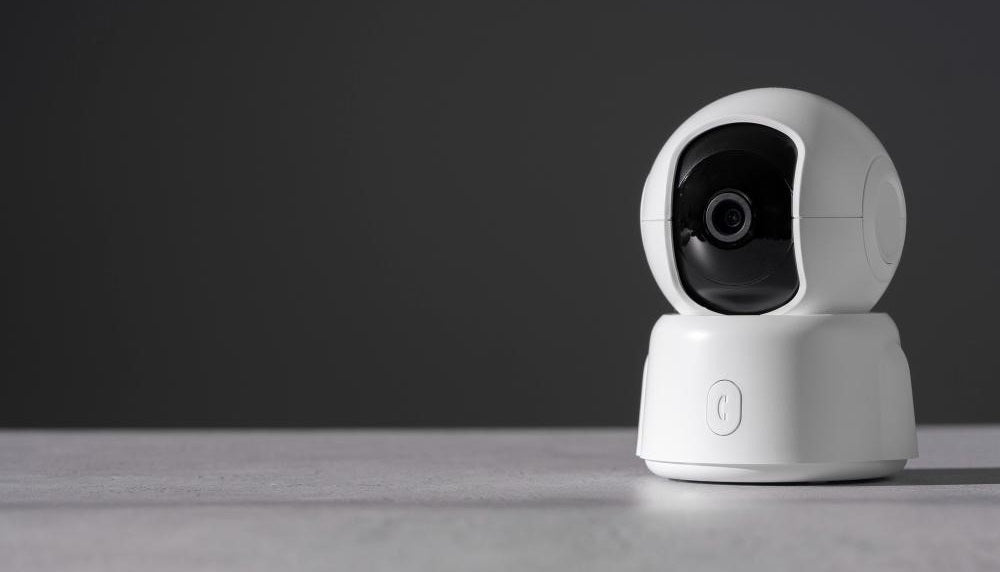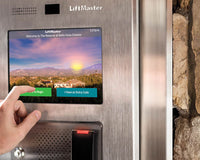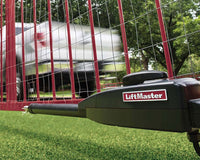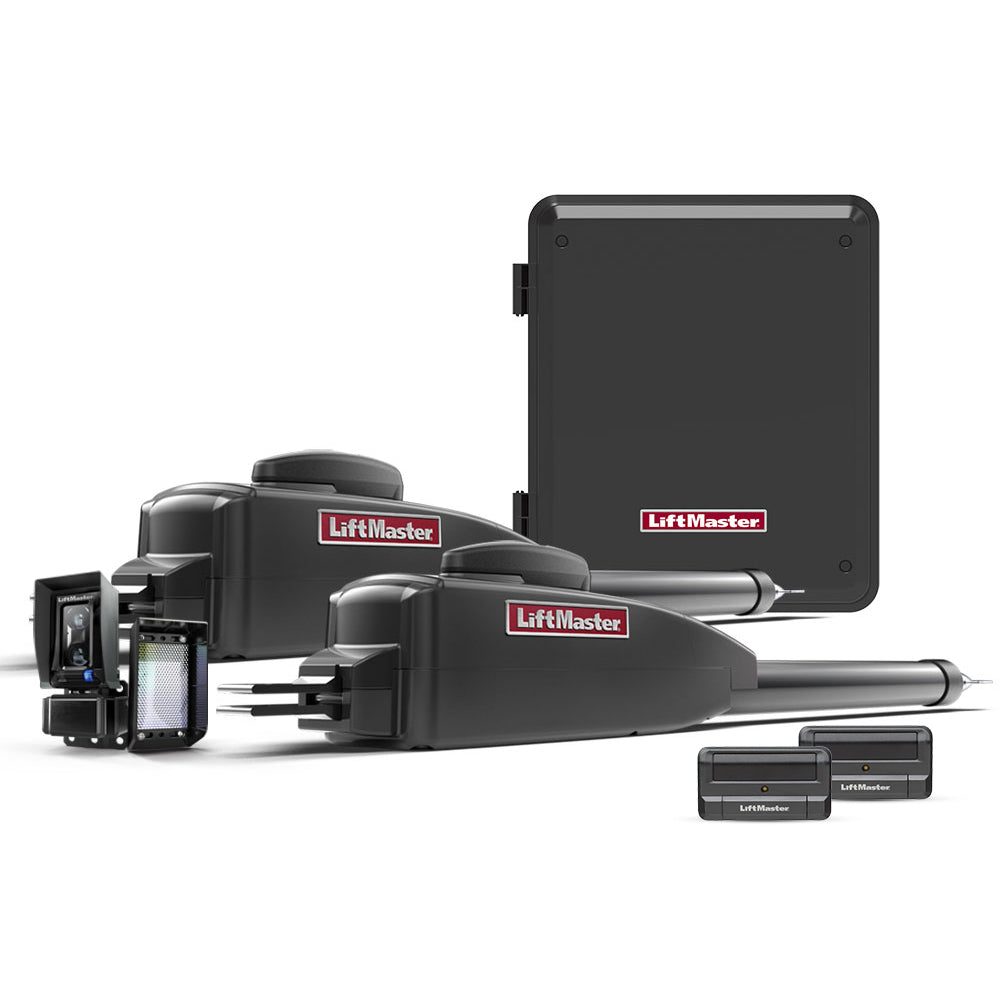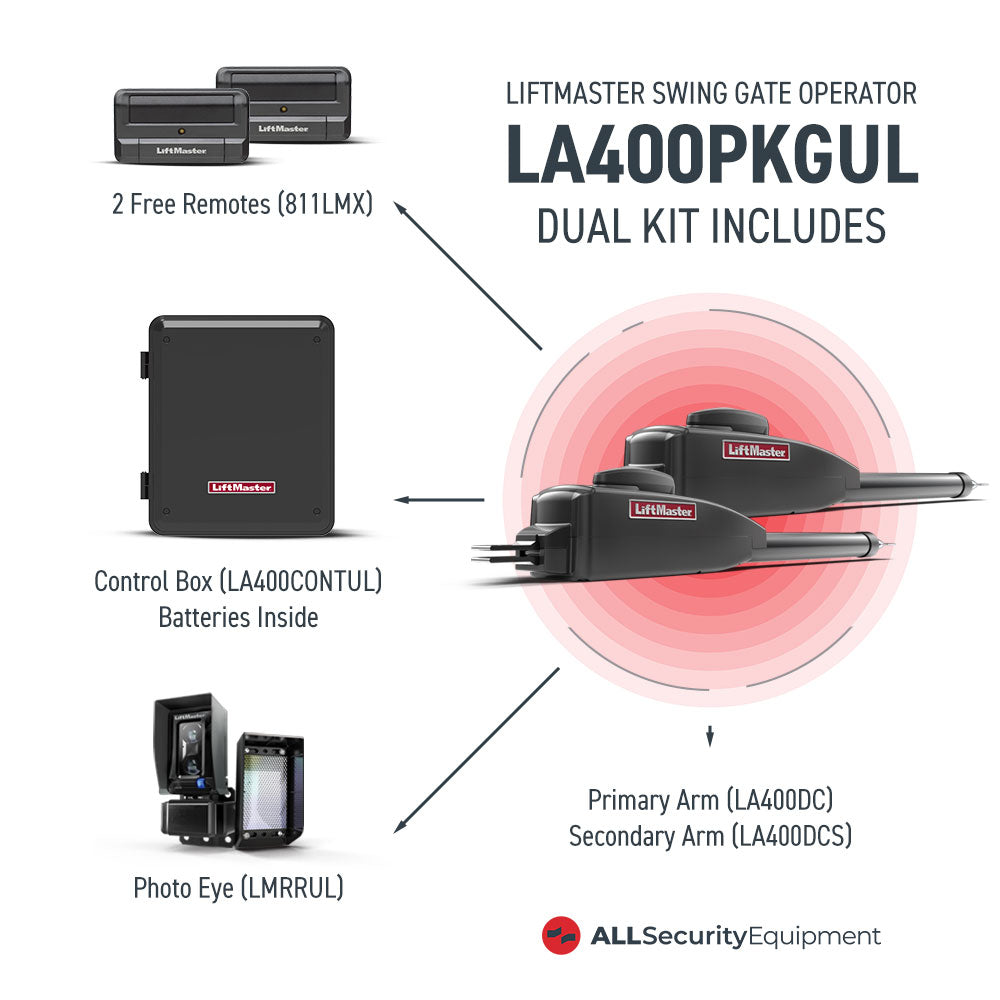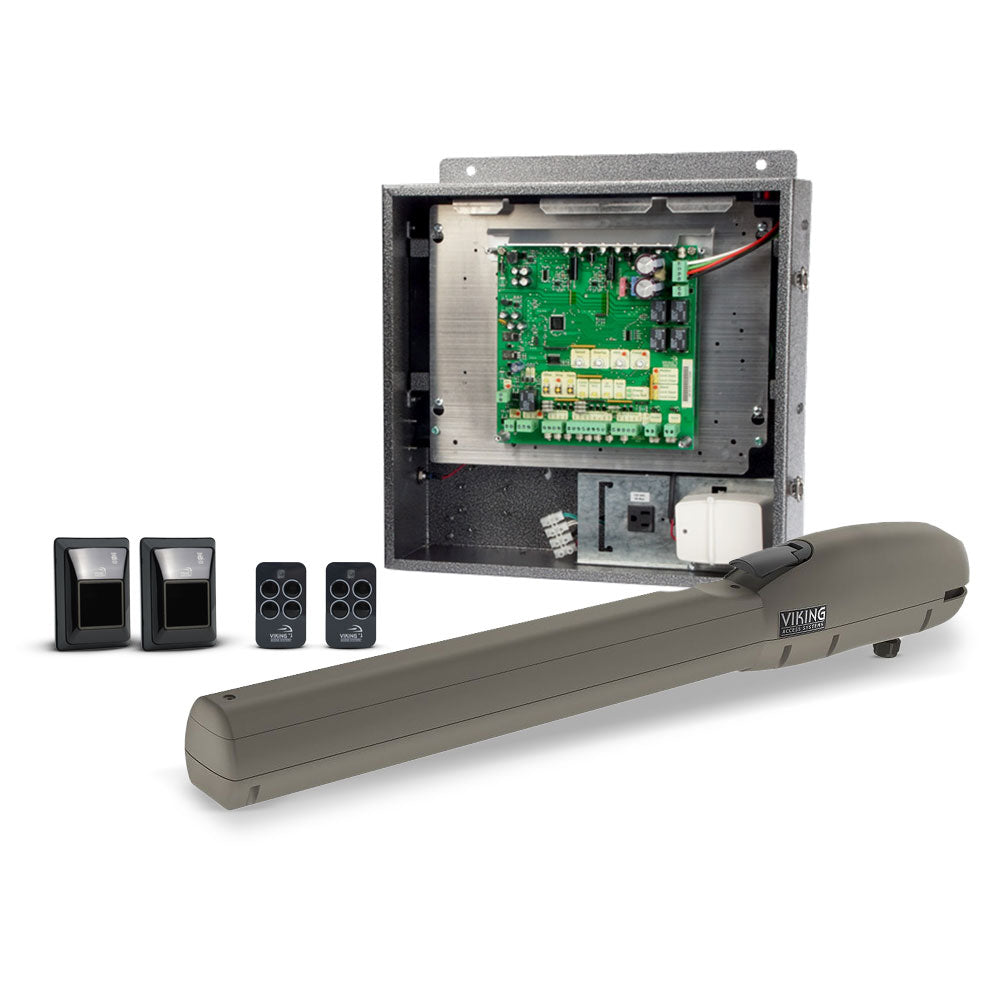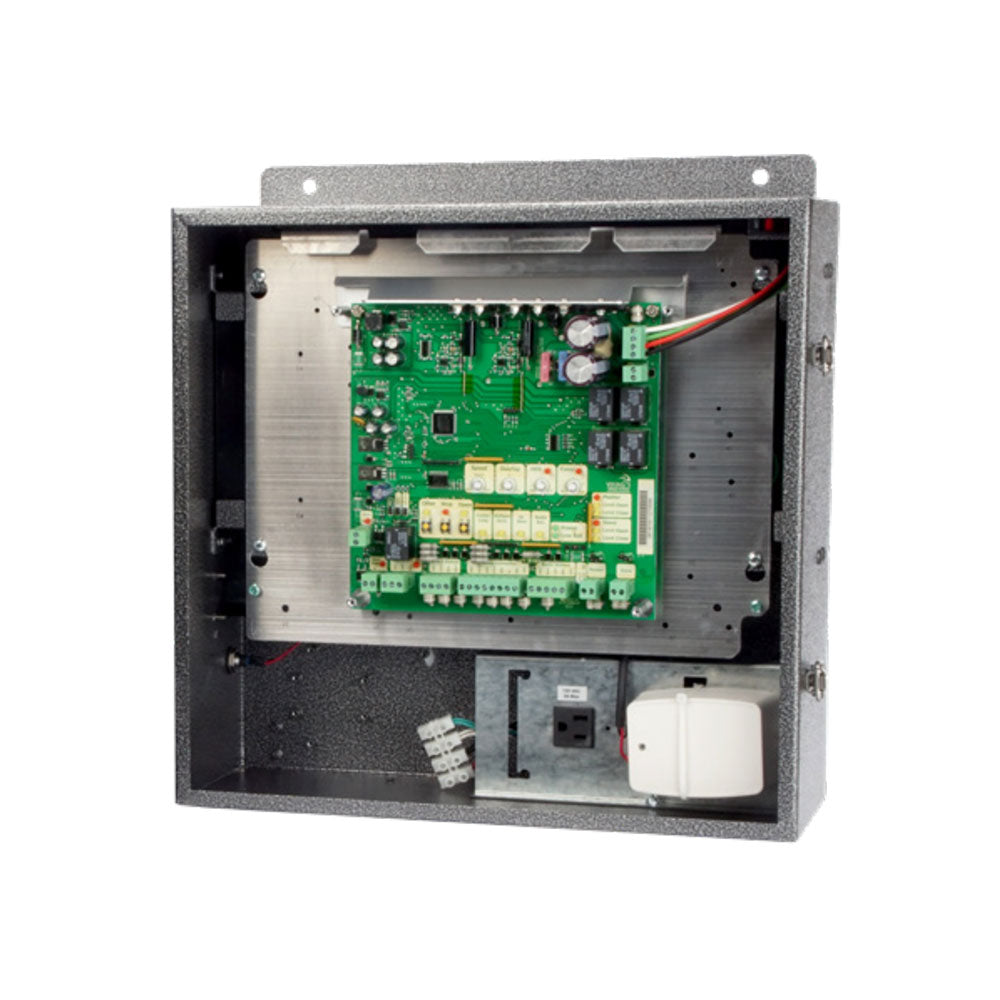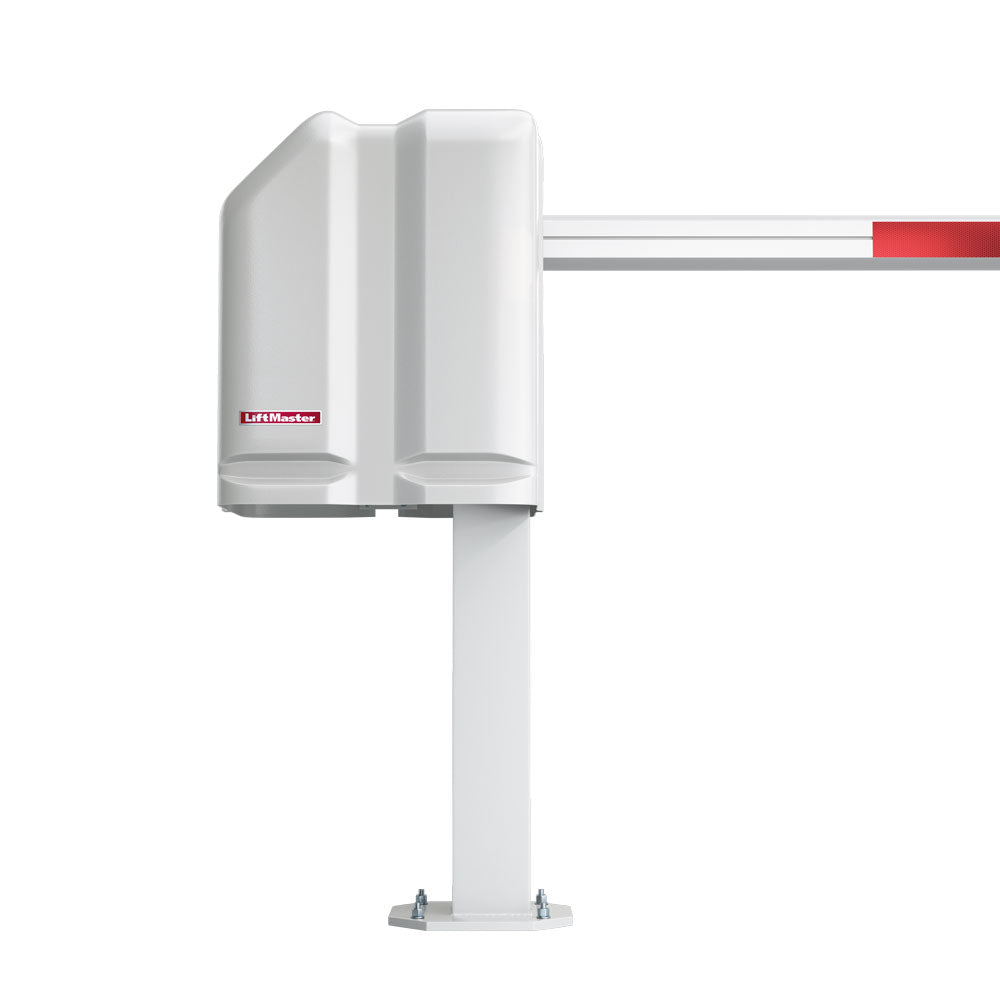Safeguarding your business or home requires that you can see what is going on at all times. This means having a video surveillance system that allows you to access clear camera footage from anywhere in the world as long as you have internet access.
In terms of ensuring a robust video surveillance system that provides efficient scalability, ease of use, and advanced features, the NVR camera system reigns supreme.
In this short but informative guide, we untangle the mystery of NVR camera systems, equipping you with the information you need to make informed decisions for your specific security needs.
Understanding the NVR Camera System – A Digital Shift in Camera Surveillance
Back in the day, old security camera setups involved pairing DVRs (digital video recorders) with analog cameras. The function of a DVR was essentially to convert analog footage into digital footage. This was why a lot of old camera systems featured grainy-looking footage.
An NVR (network video recorder), on the other hand, only works with digital footage. An NVR may work with an analog camera if there is already a form of signal conversion between the devices. At the core of an NVR camera system is the NVR, a dedicated computer with a hard drive that stores digital video footage captured by IP (internet protocol) cameras.
Unlike analog security cameras that transmit continuous video signals, IP cameras typically convert video data into digital packets and transmit them over a network – a wired Ethernet connection is commonly used for maximum transmission reliability.
The main benefits offered by this digital format are superior video quality, remote access capabilities, and integration with smart home features.
Typical Components that Make Up a Complete NVR Camera System
Most modern-day NVR systems must have four major components to be called complete and functioning surveillance systems. These components are internet protocol (IP) cameras, a network video recorder, a storage system, and networking capabilities.
IP Cameras
Due to the nature of footage transmitted throughout an NVR camera system’s network, digital internet protocol (IP) cameras are used in an NVR camera system to capture, encode, and process video data. This video data is then relayed to an NVR using the processing chip on the camera and a network system (wired or wireless). IP cameras can be connected via intranet or the internet. Some IP cameras may possess advanced video analytics technology.
An NVR Recorder
The function of an NVR (Network Video Recorder) is to receive, store, and view the video footage captured by the IP cameras. The NVR is sort of like the brain of an NVR camera system as it comes with an interface that allows the processing and viewing of video footage, and it controls how the video footage is stored or accessed.
A Storage System
There is a saying among security experts that your video surveillance system is only as good as the storage system backing it. The NVR typically stores the video footage from IP cameras on one or more digital storage devices such as solid-state drives, good old hard drives, and NAS systems.
Most modern NVR systems typically connect to cloud storage and store their security footage both online and offline. The offline storage of an NVR system may be on-site or off-site for security reasons. Most NVRs come with a few terabytes of hard disk storage, but you will most likely need extra external storage.
Networking Capabilities
IP cameras are designed to connect both wirelessly and via Ethernet cables to an NVR. Since most businesses and homes connect their IP cameras to an NVR via Ethernet cables to ensure high-fidelity video signal and reduce the chances of signal interference, the Ethernet cable used must be capable of delivering power, video, and audio signals.
Such cables are called Power over Ethernet (POE) cables. This way, you only require one cable to connect the IP camera to the NVR without the need for wall sockets or power splitters.
The Advantages of NVR Camera Systems
In today’s security world, NVR camera systems are the preferred security solution for several justifiable reasons.
Below are some of the key benefits that NVR camera systems offer:
Superior Video Quality
Since most IP cameras are known for delivering videos at high resolutions ranging from 720p to 4k, they tend to offer crisp and detailed footage that can aid in facial recognition and object identification. Therefore, an NVR camera system offers superior video quality than a typical DVR camera system.
Scalability and Flexibility
The ability to scale your video surveillance capability is a must-have for every business owner or homeowner who is serious about keeping their property secure and safe at all times. Thankfully, NVR systems boast exceptional scalability, as they allow you to use a single camera and expand to as many IP cameras as your needs may require. This flexibility allows you to tailor your NVR camera system to your specific property layout and security needs.
Remote Access and Control
The prevalence of the Internet of Things (IoT) makes it necessary for any surveillance system to possess remote access and control. NVR systems allow the user to view live and recorded footage remotely from virtually anywhere with an internet connection. This means you can always monitor your property in real time, even when you are away. Most NVRs also allow remote camera controls such as pan, tilt, and zoom.
Advanced Features
Modern NVR systems boast advanced features such as motion detection, night vision capabilities, and video analytics. These features typically add to the already impressive feats of an NVR camera system.
Ease of Installation
Since most NVR systems use power over Ethernet (PoE) technology, their installation process is significantly more simplified than that of a DVR camera system. For complex surveillance installation, you should always use the services of a certified and trained camera installer.
Conclusion
NVR camera systems provide a robust and versatile solution for safeguarding your home or business. By understanding the core functionalities and advanced features of an NVR camera system, you can make an informed decision that aligns with your specific security needs when choosing one.
An NVR camera system is an investment that grants you peace of mind and the ability to monitor your property remotely, ensuring a safer and more secure environment.
All Security Systems partners with top brands like Bolide and UNV to ensure that when you shop for your next NVR camera system from us, you can rely on our guaranteed quality and after-sales support.
We hope that with this short but comprehensive guide, you have sufficient knowledge to navigate the world of NVR camera systems.
If you are still unsure of what NVR camera system to choose for your facility or home, reach out to our support team to help you with any inquiries you may have.
Happy Surveillance!

